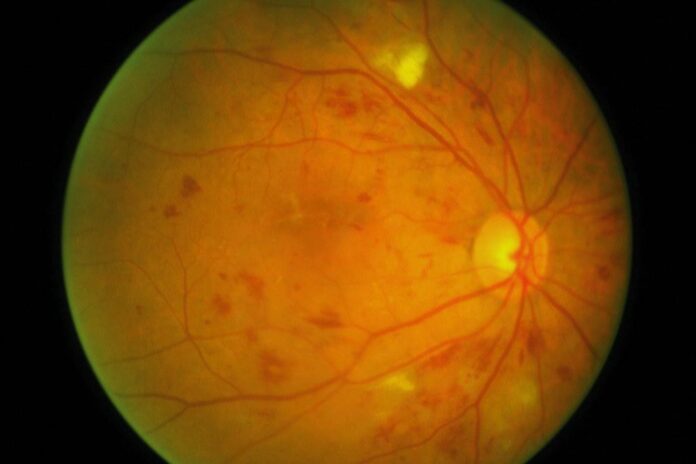
As we age, it is common for our bodies to undergo changes and for certain health issues to develop. One such issue that can affect our eyes is retinopathy. Retinopathy is a condition that affects the blood vessels in the retina, the light-sensitive tissue at the back of the eye. When left untreated, retinopathy can lead to vision loss and even blindness. In this article, we will discuss the early warning signs of retinopathy that you should not ignore.
Retinopathy can occur in individuals with various medical conditions, such as diabetes, high blood pressure, and high cholesterol. It can also be caused by other factors, such as smoking, obesity, and a family history of eye disease. Regardless of the underlying cause, it is important to be aware of the early warning signs of retinopathy so that you can seek treatment promptly.
One of the most common early warning signs of retinopathy is blurred vision. This may be noticed in one or both eyes and can occur suddenly or gradually. Blurred vision can make it difficult to see objects clearly, read small print, drive safely, or perform other activities that require good vision. If you are experiencing blurred vision, it is important to see an eye doctor as soon as possible to determine the cause and receive appropriate treatment.
Another early warning sign of retinopathy is floaters or spots in your vision. Floaters are small, dark spots or lines that appear to float in your field of vision. They may be more noticeable when looking at a plain, light-colored background, such as a white wall or the sky. Floaters are usually harmless and are caused by tiny particles in the vitreous, the gel-like substance that fills the back of the eye. However, if you suddenly experience a large number of floaters, flashes of light, or a curtain-like shadow across your vision, it could be a sign of a more serious retinal problem, such as a retinal tear or detachment, which requires immediate medical attention.
Another early warning sign of retinopathy is changes in your peripheral vision. The retina is responsible for processing peripheral vision, which allows you to see objects to the side of your central vision. If you notice a gradual loss of peripheral vision or the appearance of blind spots in your visual field, it could be a sign of retinopathy. These changes may be subtle at first but can become more pronounced over time if left untreated.
Other early warning signs of retinopathy include eye pain, redness, or inflammation, especially if it is accompanied by vision changes. These symptoms may indicate that the blood vessels in the retina are leaking or swelling, causing damage to the surrounding tissue. In some cases, retinopathy can also cause the formation of abnormal blood vessels, which may bleed or leak fluid into the retina, leading to further vision loss.
If you experience any of these early warning signs of retinopathy, it is important to schedule an eye exam with an ophthalmologist or optometrist. During the exam, your eye doctor will perform a comprehensive evaluation of your eyes, including a dilated eye exam to examine the retina and other structures at the back of the eye. They may also perform additional tests, such as optical coherence tomography (OCT) or fluorescein angiography, to assess the extent of retinal damage and determine the best course of treatment.
Treatment for retinopathy varies depending on the underlying cause and severity of the condition. In some cases, lifestyle changes, such as quitting smoking, maintaining a healthy weight, and controlling blood sugar and blood pressure levels, may help slow the progression of retinopathy. In more severe cases, treatment may include laser therapy to seal leaking blood vessels, injections of anti-VEGF medications to reduce swelling and prevent the growth of abnormal blood vessels, or surgery to repair a retinal tear or detachment.
In conclusion, retinopathy is a serious eye condition that can lead to vision loss and blindness if left untreated. It is important to be aware of the early warning signs of retinopathy, such as blurred vision, floaters, changes in peripheral vision, and eye pain, and to seek prompt medical attention if you experience any of these symptoms. By taking proactive steps to protect your eye health, you can help preserve your vision and maintain your quality of life for years to come.

















